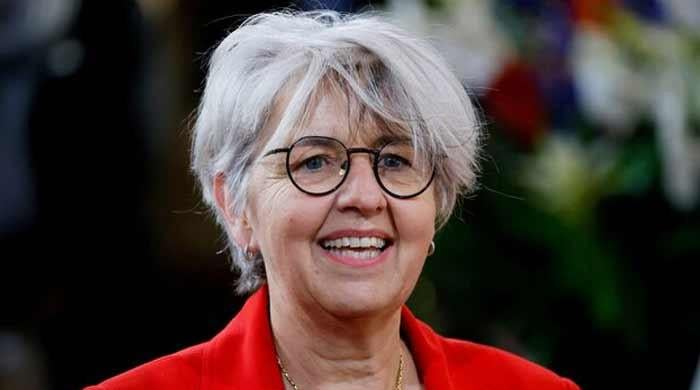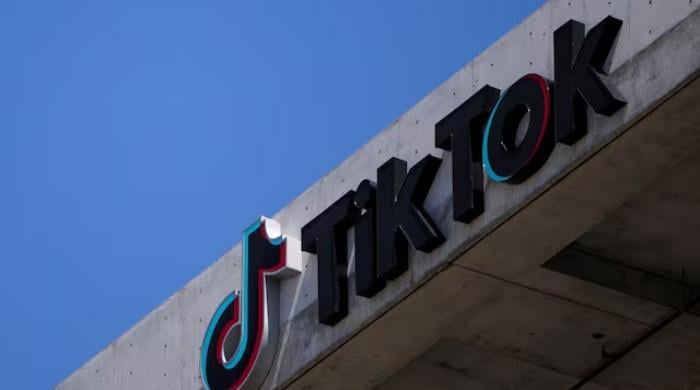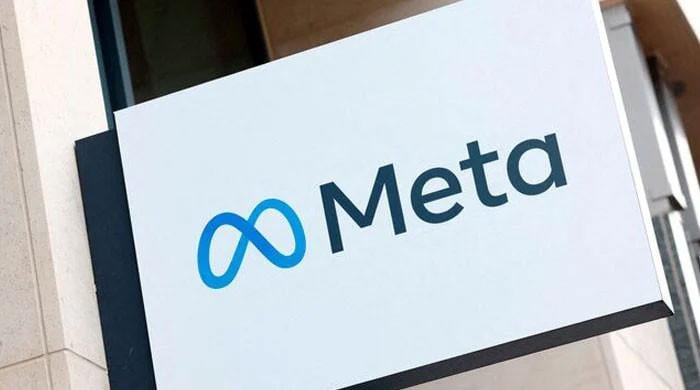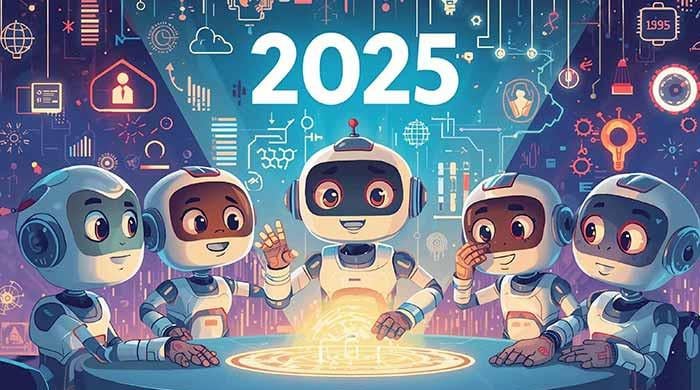Is OpenAI looking into producing its own AI chips?
Demand for specialised AI chips has soared since ChatGPT's launch, with Nvidia dominating the market
October 06, 2023
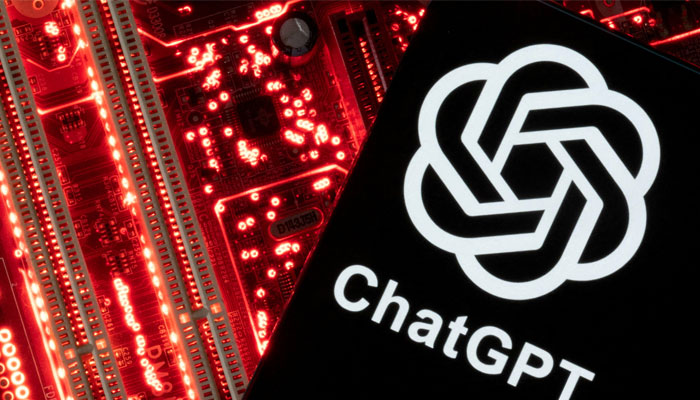
OpenAI, the maker of ChatGPT, is considering developing its own artificial intelligence (AI) chips and has even considered analysing a potential acquisition target, according to people familiar with the company's plans.
While the business has not yet made a decision to proceed with the plans, it has addressed potential solutions to the problem of the pricey AI chip shortage on which OpenAI is dependent, since at least last year, Reuters reported citing recent internal conversations.
The discussed solutions include building its own AI chip, working more closely with other chipmakers including Nvidia, and also diversifying its suppliers beyond Nvidia.
The company's primary aim, according to CEO Sam Altman, is to buy more AI chips.
In a market dominated by Nvidia, which holds more than 80% of the global market share for the chips best suited to powering AI applications, he has openly lamented the lack of graphics processing units.
The drive to obtain more chips is related to two key issues that Altman has identified: a lack of the cutting-edge processors needed to power OpenAI's software and the "eye-watering" costs of maintaining the hardware required to support its initiatives and products.
Since 2020, OpenAI has developed its generative artificial intelligence technologies on a massive supercomputer constructed by Microsoft, one of its largest backers, that uses 10,000 of Nvidia's graphics processing units (GPUs).
Running ChatGPT is very expensive for the company. Each query costs roughly 4 cents, according to an analysis from Bernstein analyst Stacy Rasgon.
If ChatGPT queries grow to a tenth the scale of Google search, it would require roughly $48.1 billion worth of GPUs initially and about $16 billion worth of chips a year to keep operational.
Some big tech companies have been building their own processors for years with limited results. Meta has scrapped some of its AI chips due to issues and is developing a newer chip for all types of AI work.
OpenAI's main backer, Microsoft, is also developing a custom AI chip that OpenAI is testing, indicating further distancing between the two companies.
Demand for specialised AI chips has soared since ChatGPT's launch, with Nvidia dominating the market with its AI accelerators.




